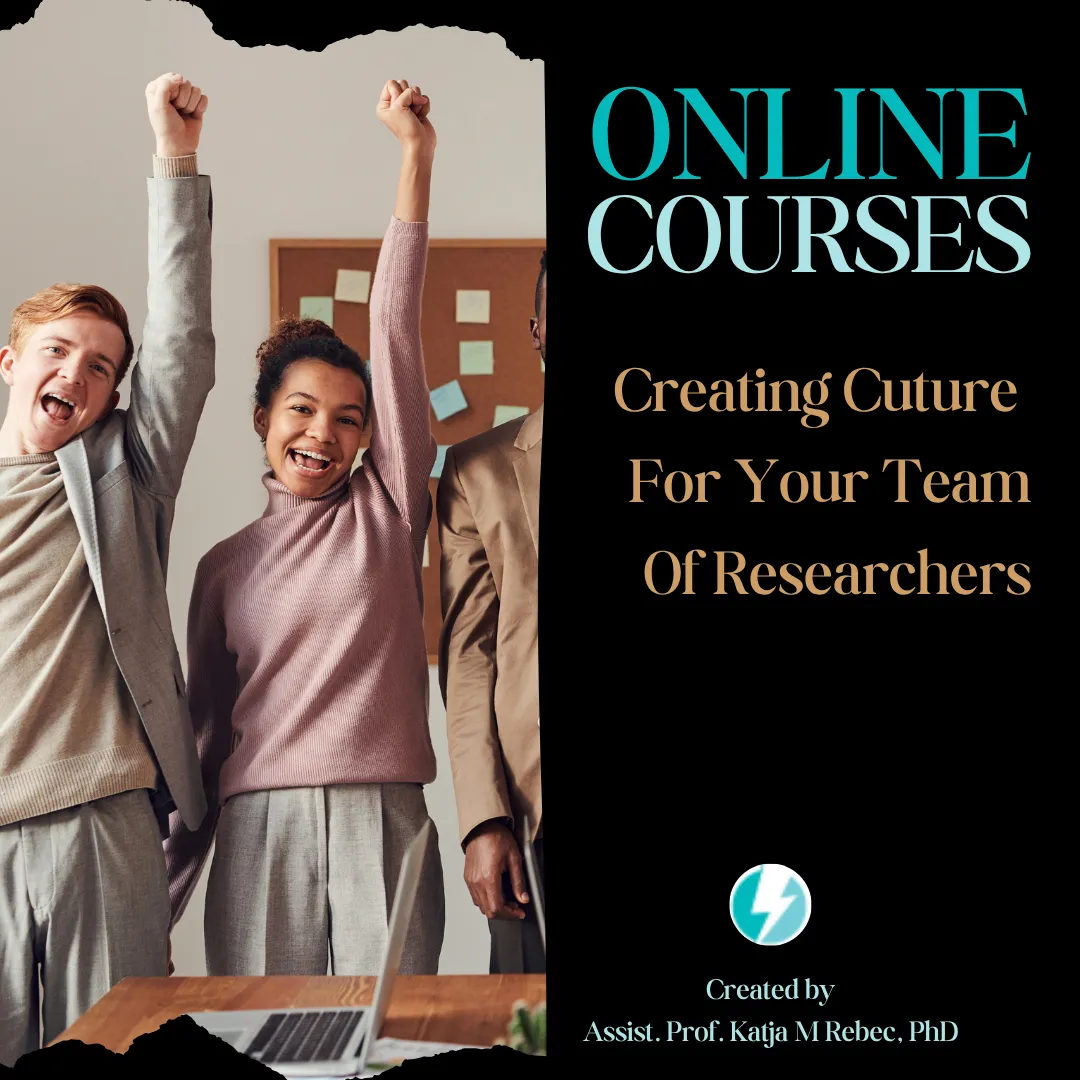Peer review can be biased, slow, and inconsistent. It is hard for high-quality research to get published. I want constructive feedback rather than gatekeeping
The saddest thing I see sometimes is groundbreaking research being stalled or rejected—not because it lacks merit, but because of biases, inefficiencies, and inconsistencies in the peer review process? Welcome to the club.This is the harsh reality many researchers face every day.
Peer review is meant to be the gold standard of scientific validation, ensuring that research meets rigorous standards before it reaches the public. Yet, for many researchers, it feels more like a gatekeeping mechanism than a constructive feedback loop.
Biases can creep in, favoring established names over newcomers or certain methodologies over others. The process is often slow, with delays that can stretch into months or even years, holding up critical findings and stifling innovation. And inconsistency is rampant, with different reviewers offering conflicting feedback that leaves authors bewildered.Unfortunately the peer review process can be influenced by factors unrelated to the quality of the research, such as the author's reputation or the prestige of their institution. This can lead to high-quality work being overlooked while less deserving studies are published.
The result?
A system that prioritizes status over substance, where groundbreaking research struggles to see the light of day.But the impact on researchers and scientific outcomes is profound.
Early-career scientists face significant barriers as they try to establish themselves in academia. The pressure to publish in high-impact journals can lead to a focus on trendy topics rather than meaningful contributions. And the lack of constructive feedback means that even when research is rejected, authors often don't receive the insights they need to improve.
How many times have you felt frustrated by the peer review process? How often have you wished for feedback that truly helped you grow as a researcher? It’s frustrating—and frankly, it’s unfair. You became a scientist to advance knowledge, not to navigate an opaque system.Discussions on open science highlight the potential for more transparent and collaborative peer review processes.
Yet, the current system often fails to deliver on these ideals.
When peer review is biased, slow, and inconsistent, the consequences ripple across science and society. Innovation is stifled as groundbreaking research is delayed or rejected. Public trust in science erodes as flawed studies are published while better ones are overlooked. And researchers themselves face burnout and disillusionment.
I know that the system forces researchers to navigate a maze instead of a clear path—hindering progress instead of facilitating it.
But is there a way to break free from this cycle?
Of course there is!
People know I am irrefutable optimist. :)
I think we need to push for open peer review models where reviewers are identified and feedback is publicly available. This can reduce biases and increase accountability. Also, we need to encourage journals to include a diverse range of reviewers from different backgrounds and disciplines. This can help ensure that innovative ideas aren’t dismissed due to lack of familiarity. Everyone can also upgrade on the craft of putting together compelling responses to reviewer comments and advocate for our work effectively.
I also think having a good support network of other researchers who can offer some motivation and insights into navigating the peer review process is crucial. Together, we have the power to push for a system that values constructive feedback over gatekeeping.
Join our community of scientists unlocking leadership potential, mastering collaboration, and shaping the future of research. Subscribe below.



We can help you in 3 ways:
Join a supportive community of like-minded researchers and scientists.
Deep-dive into specific topics with expert-led
sessions that inspire actionable change.
Get personalized guidance tailored to your unique challenges and aspirations.

© 2024 STRATOSFERA
